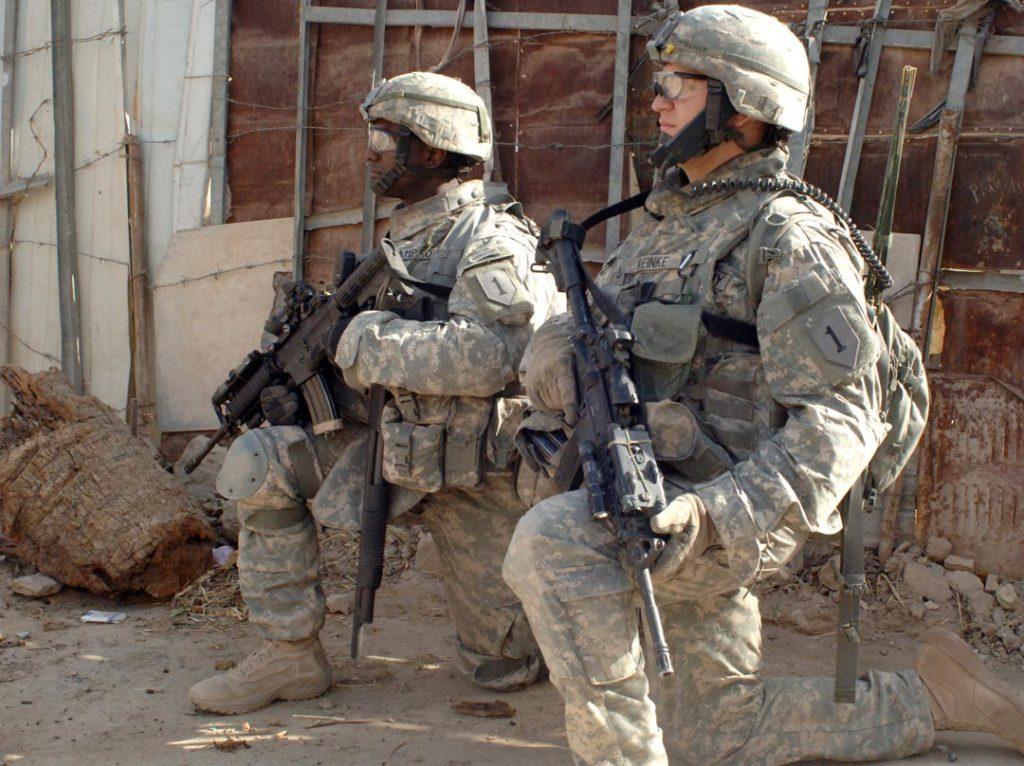By Rebecca Sirull, inside editor
Just a few years after the U.S. finally began its long-promised withdrawal of troops from Iraq, there is already a fresh conflict brewing and pressure to get involved in the country once again. Over the past few weeks, the terrorist organization ISIS (Islamic State of Iraq and Syria) has been gaining international notoriety as it stages violent attacks across the country, in an attempt to overthrow the government instated by the U.S.
As the situation rapidly escalates, Iraq has called on the U.S. to get involved and stage airstrikes on ISIS-held areas. President Obama addressed the nation today, stating that “American combat troops are not going to be fighting in Iraq again… Ultimately this is something that is going to have to be solved by the Iraqis.” However, the U.S. will be sending up to 300 military advisers to aid Iraq in their defense tactics. Obama also discussed the need to create a long-term strategy to combat ISIS and other terrorist organizations in the future.
The conflict stems from the ever-present tension between Sunni and Shiite Muslims in the region, with the Sunni group seeking to overturn the Shiite administration led by Prime Minister Nouri Al-Maliki. Their actions have led to the capture of two major Iraqi cities, and most recently an attack on Iraq’s largest oil refinery, located in Baiji. While this specific refinery focuses mainly on domestic distribution, if the trend continues and other oil-producers come under attack, the international petroleum market could feel the effects.
The threat from ISIS only continues to worsen as they have vowed to march on Baghdad, with their ultimate goal being to restore an Islamic state, or caliphate, in the area of Iraq, Syria and surrounding regions. And they aren’t afraid to use any means possible. According to CNN, ISIS claims that over 1,700 people have died at their hand since the start of the attacks.
While the western world has only recently become aware of the organization, Iraq and surrounding regions have felt their presence for years. Started by a member of Al-Qaeda, ISIS split off to form their own group, which would grow to gain a reputation for being even more violent and brutal than their forefathers. They are known to have used Mafia tactics to increase their wealth and power, creating an established hierarchy that is closer to a government’s militia than a fringe terrorist group.
Due to the organization’s high level of power and potential for violence, fears have been raised about the ability of Al-Maliki’s government to quell future uprisings. Now the U.S. is in talks with Iran about the possibility of setting aside their political differences to come together and help Iraq. Inaction could result in not only a humanitarian crisis in the Middle East, but also global ramifications like hits to the oil market and the threat posed by a terrorist group with unchecked power.
Photo courtesy The U.S. Army, Creative Commons









